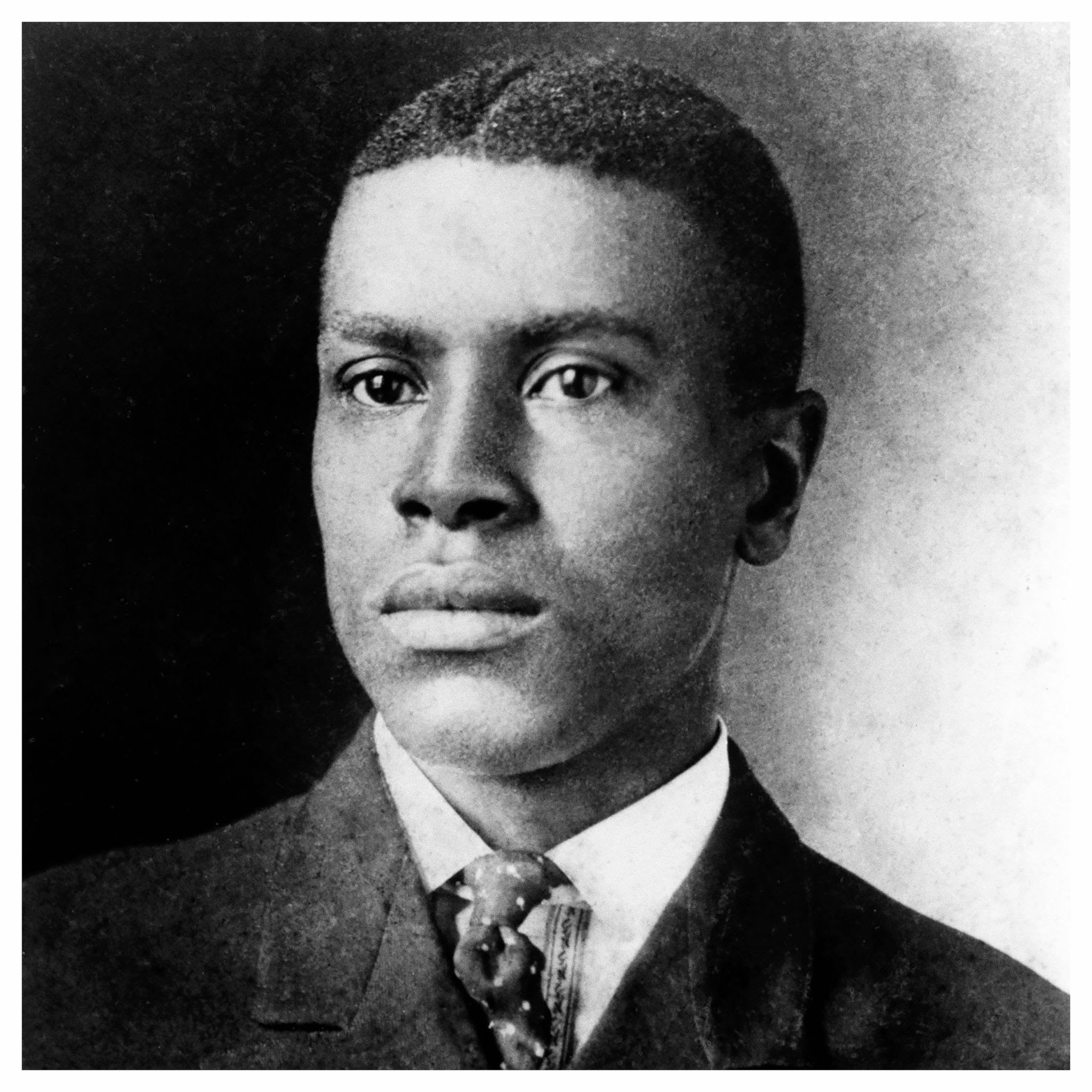April 1, 2023
The First Black Director, Oscar Micheaux
For over a century, African American filmmakers have sought to be represented in the film industry. As Hollywood developed in the early 1900s, Black directors sought to challenge the stereotypes that were pervasive in the industry. One of the most prolific voices during this period was Oscar Micheaux, who blazed trails in Black American cinema beginning with his 1919.
Born in 1884 in Metropolis, Illinois, He worked briefly as a Pullman porter and then in 1904 homesteaded near the Sioux Reservation in South Dakota.
Oscar Micheaux was inspired by D.W. Griffith's movie The Birth of a Nation to create his own full-length feature film. After being contacted by the black-owned Lincoln Film Company in Nebraska to adapt his third novel, The Homesteader, to film, Micheaux instead moved to Chicago and created his own version of the novel with virtually no technical or artistic training, he wrote, produced, and directed the first feature film by an African American, and it was a commercial success, grossing over $5,000.
Oscar Micheaux's career was characterized by his ambition to control the production and distribution of his films. He recruited some of the most renowned African American actors of the time to star in the 44 films he produced between 1919 and 1948, which were tailored to the needs of the burgeoning black urban population in the aftermath of World War I. These films, mostly detective stories, were quickly written, shot, edited, and released. Despite their rushed production, Micheaux's African American viewers were grateful to see characters on the silver screen that resembled themselves.
Micheaux occasionally addressed more intricate topics in his films. His fifth movie, Within Our Gates, was a direct response to the racism depicted in The Birth of a Nation. Additionally, he explored contentious issues within the African American community, such as interracial relationships, colorism, and unethical religious leaders. Notably, his films in the 1920s and 1930s were in stark contrast to the Hollywood stereotype of African Americans as lazy, ignorant and sexually aggressive.
White critics were highly critical of Oscar Micheaux's movie-making skills, yet his films were immensely popular with audiences. This made him the most successful African American writer, producer, and director in the United States until his death in 1951. Eventually, Hollywood began to recognize Micheaux's talent and the impact he had on creating opportunities for African Americans in the film industry. In 1987, he was honored with a star on the Hollywood Walk of Fame. Two years later, he was posthumously awarded by the Black Filmmakers Hall of Fame and the Director's Guild of America

The Life of Marvin Gaye Jr.
Marvin Pentz Gay Jr. was born April 2, 1939, He was a singer-songwriter-producer who helped to shape the sound of Motown in the 1960, earning him the nickname "Prince of Motown" and "Prince of Soul".
Gaye’s father was a preacher; his mother w…
This is the Legal Lynching of Jeremiah Reeves
On March 28, 1958, a 22-year-old Black man named Jeremiah Reeves was executed by the state of Alabama after being convicted of the SA of a white woman.
This is the Legal Lynching of Jeremiah Reeves
In July 1951, Jeremiah, who was a 1…